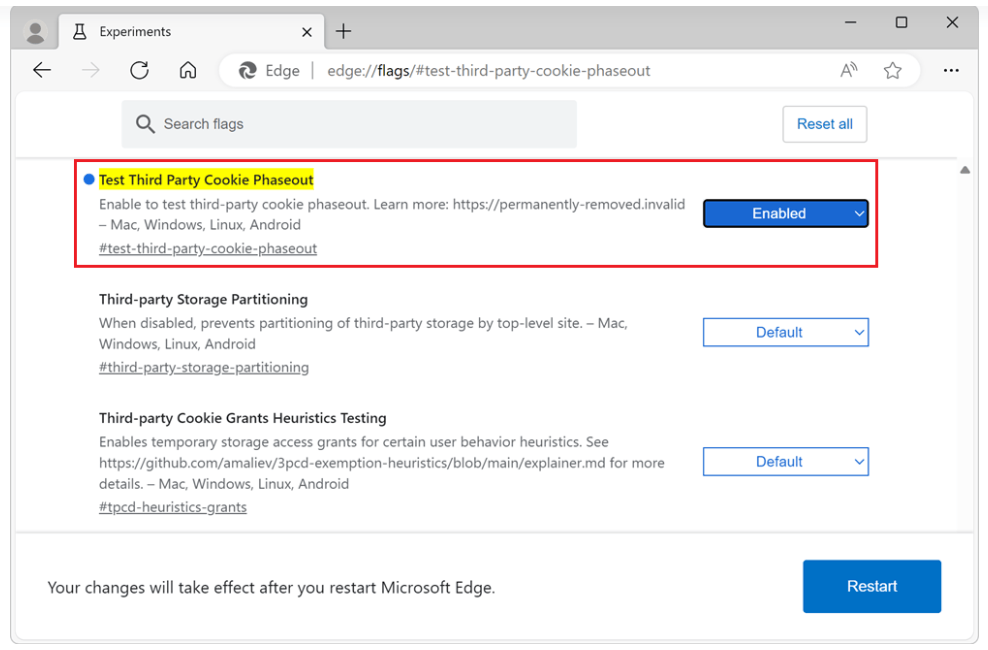Major browser makers are moving away from third-party cookie support, as they are actively used to track users' activity. They mostly lack transparency in how users' data is collected and shared. Microsoft has introduced a new Privacy-Preserving Ads API as part of this initiative.
Microsoft's move is not the first change in this direction. Google has already started testing disabling third-party cookies in the Chrome browser among 1% of users starting January 4, 2024.

In Microsoft case, the new API is built around K-anonymity restrictions, differential privacy utilization, and ensuring user data protection during the ad auction process.
Another thing to note is trusted execution environments. They allow more computationally complex tasks to be processed off-device, but do not allow anyone to directly observe the data being processed.
Like Google, Microsoft will start experimenting with the new feature among a small number of users. For 1% of Edge users, support for third-party cookies will be disabled in coming months. The second half of the year will see a wider roll-out of the feature. Eventually, Edge will drop support for third-cookies ultimately.
To participate in API testing, customers can enable a special flag, edge://flags/#test-third-party-cookie-phaseout. By default, Microsoft excludes enterprise devices from the roll-out, so by enabling the flag administrators can join the testing.

Interested users can learn about the Privacy-Preserving Ads API here on GitHub.
Support us
Winaero greatly relies on your support. You can help the site keep bringing you interesting and useful content and software by using these options:
